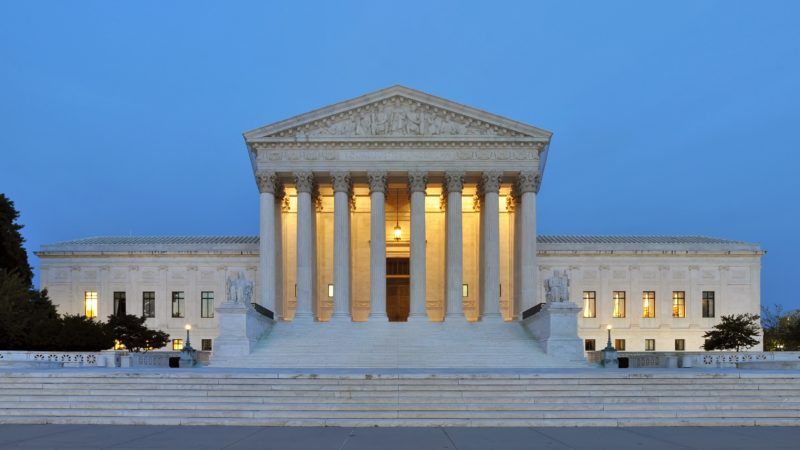These Were Not the 5-4 SCOTUS Decisions You Were Looking For
The Supreme Court issues three opinions in argued cases that split three different ways.

The Supreme Court issued in opinions in three of the five outstanding cases this morning. Each of the three opinions split the Court, but each split the justices in a different way.
First up was Minerva Surgical v. Hologic, concerning the availability of assignor estoppel in patent litigation. Justice Kagan wrote the majority opinion for a 5-4 Court, upholding the availability of assignor estoppel. Her opinion was joined by the Chief Justice and Justices Breyer, Sotomayor and Kavanaugh. Justice Barrett dissented, joined by Justices Thomas and Gorsuch, and Justice Alito authored a solo dissent taking issue with both of the other opinions.
The second released opinion was in an immigration case, Johnson v. Guzman-Chavez. This produced a more traditional, 6-3 liberal-conservative split among the justices, albeit with a little twist. Justice Alito wrote for the Court, joined in full by the Chief Justice and Justices Kavanaugh and Barrett. Justice Thomas concurred in part (all but one footnote of Justice Alito's opinion) and in the judgment, joined by Justice Gorsuch. In the disputed footnote, the Court noted the basis for its jurisdiction, which Thomas disputed. Justice Breyer wrote the dissent.
Third and last today was PennEast Pipeline v. New Jersey, in which the Court upheld a FERC-authorized pipeline company's authority to use eminent domain to condemn rights-of-way across state-owned land. This one produced an odd line-up of justices. Chief Justice Roberts wrote for the 5-4 Court, joined by Justices Breyer, Alito, Sotomayor and Kavanaugh. Justice Thomas wrote one dissent, joined by Justice Gorsuch. Justice Barrett wrote a second dissent, joined by Justices Thomas, Gorsuch, and Kagan.
There are two agued cases remaining to be decided this term: Brnovich v. DNC (the Voting Right Act case out of Arizona) and Americans for Prosperity v. Bonta (the donor disclosure case out of California). These decisions will apparently be released on Thursday, July 1.
Assuming Justice Alito has Brnovich (which many expect), do not be surprised if Justice Barrett has AFP, as she would be the only justice to have written fewer than six signed majority opinions this term. Justice Alito has written five majority opinions to date and Justice Barrett has written only four. All of the other justices have written six majority opinions in argued cases, except for Justice Thomas, who has written seven.
